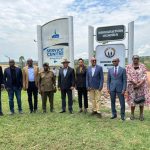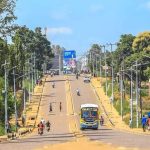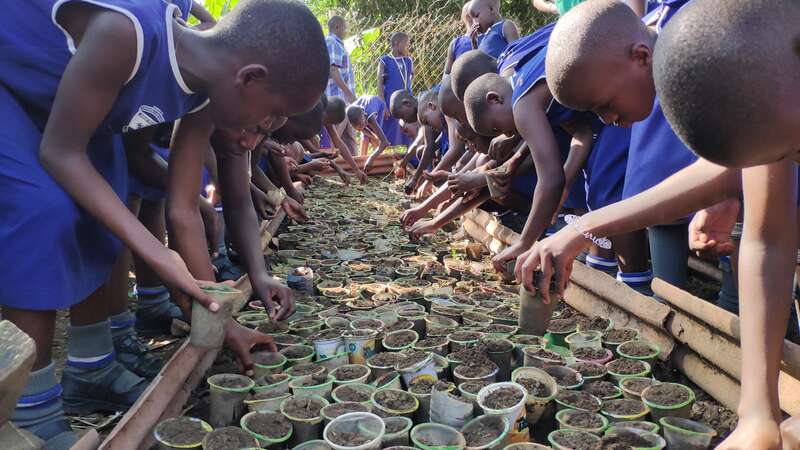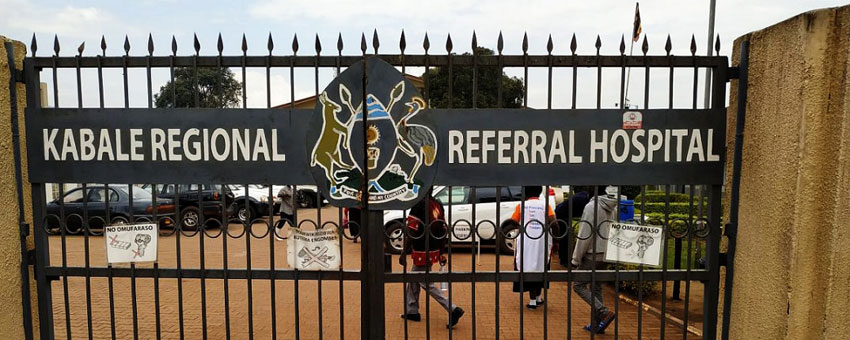Lira, Uganda – The North Kyoga Police Region, in conjunction with the Child and Family Development Unit (CFDU), Plan Uganda, and the Uganda AIDS Commission, organized a half-day engagement meeting with journalists in the region on October 5, 2023, at the Lira City Council Hall.
The meeting was aimed at training journalists on the importance of accurate reporting and press ethics.
In a session, the North Kyoga Region Police Public Relations Officer (PRO), SP Jimmy Patrick Okema, enlightened journalists on the importance of journalism codes of ethics, citing the Press and Journalist Act, 2000, and the Independent Media Council of Uganda (IMCU) guidelines.
Okema emphasized that professional journalism is founded on truth, accuracy, and privacy. He cautioned journalists and editors to take care not to publish inaccurate, misleading, or distorted information, including pictures. He also warned against plagiarism and harassment, and stressed the importance of journalist identification.
“Journalists or editors should not identify victims of sexual harassment or assault when reporting crime stories,” Okema said.
“As police, we are not angels. Imagine in an area where there are no CCTV cameras, Article 17 gives the mandate to citizens to help police.”
In his speech to the media practitioners, the North Kyoga Regional Police Commander (RPC), CP Deo Obura, appealed to all media practitioners in the Lango sub-region to ensure that the community is accurately informed.
“You have to give the right and accurate information as the Fourth Estate,” Obura said.
Achola Jane, the Acting Regional Manager of the AIDS Information Center, said that journalists have a responsibility to be accurate in their reporting.
“As journalists, we are not supposed to take life ordinarily,” she said. “We are the custodians of information, so if the people who broadcast this information do not broadcast the right time, it distorts the dissemination.”
Jane also worked as a program producer, but she left because some Police PROs in the North Kyoga Region were not cooperative.
Otwii Isaac of NBS TV said that journalists need to interact with the community in order to enrich their reporting and sources. He also stressed the importance of balancing work and family time.
“When you have opportunities to learn, be willing to learn and unlearn and relearn,” Isaac said. “Respect of diversity by accepting that you are all different are among the ways to improve relationships among media practitioners.”
Jane Achola emphasized the importance of receiving and sharing news tips with fellow media colleagues, and of providing feedback in a constructive way.
“Let’s stop being self-centered,” Achola advised. “Be more accurate, but also allow the community to voice their concerns, hence making you relevant to them. Let’s give credit where it is due for excelling fellow journalists, and declare conflict of interest in a particular story. Therefore, be man enough or woman enough to walk out of a story.”
Achola also encouraged journalists to make their workplaces enjoyable for everyone, and to help junior journalists grow.
“Seek help if you need it,” she said. “No one knows everything.”
Ogwang Martin, the Project Manager at Plan Uganda, noted that without the media, information flow is not possible. He urged journalists to iron out harmful messages before broadcasting them accurately.
SP Jimmy Patrick Okema concluded the meeting by emphasizing the need for continuous education and discussion of professional and ethical journalism.
The engagement meeting was sponsored by CDFU in partnership with Plan International Uganda.




















